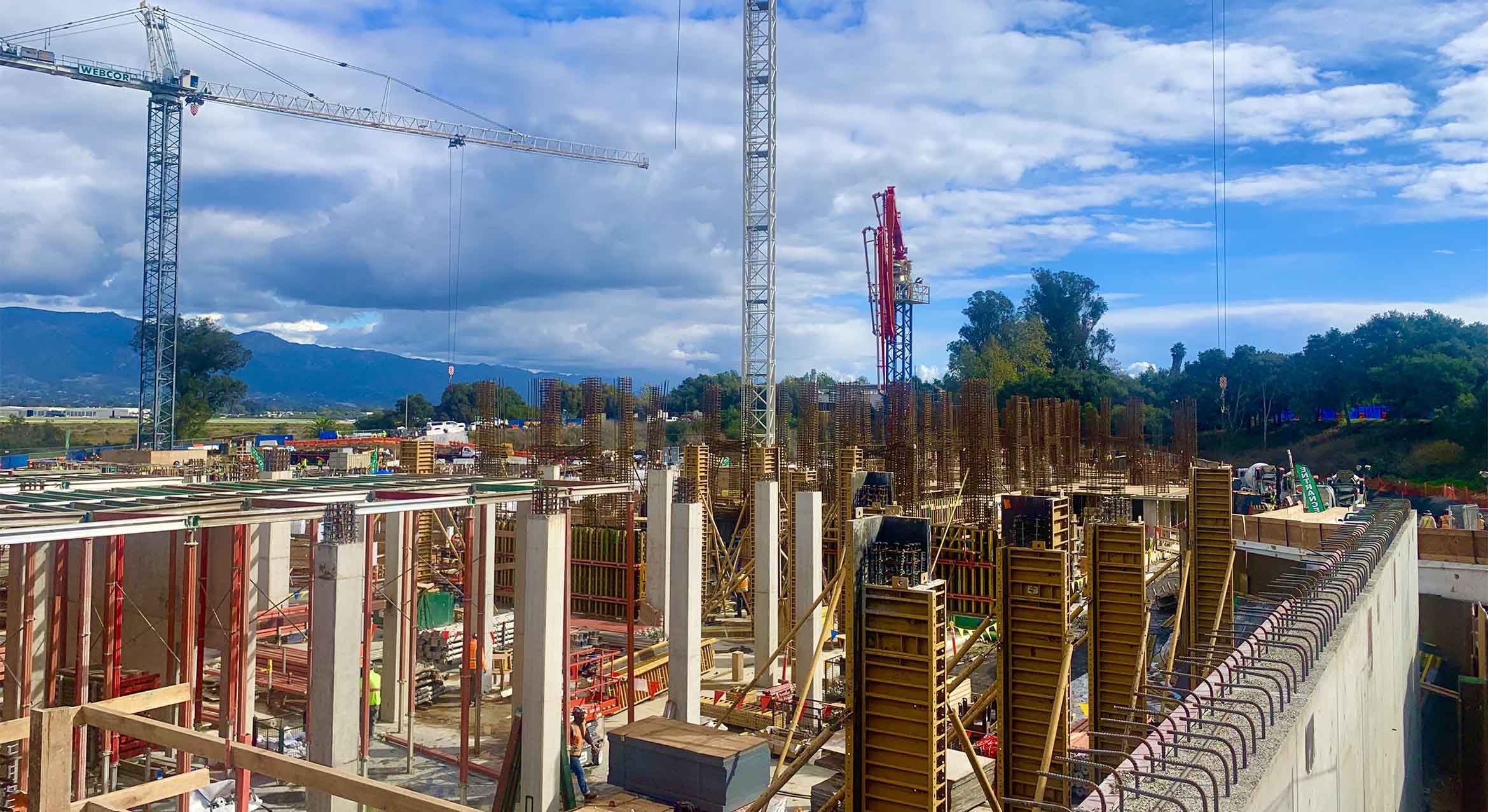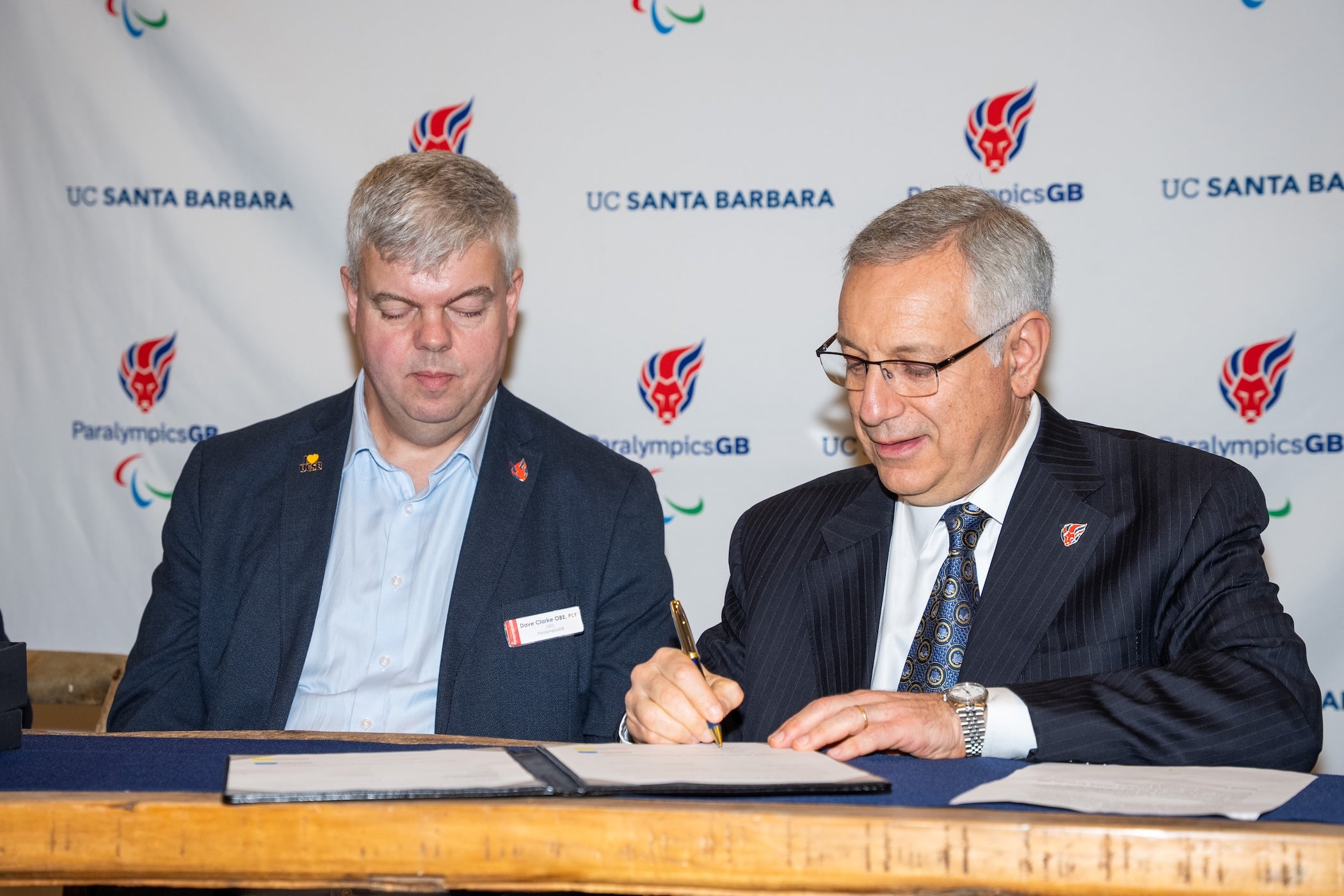Inaugural Joseph Connell fellowship supports graduate field ecology in honor of late biologist
Doctoral student Shane Dewees has received the 2023 Joseph H. Connell Field Ecology Research Fellowship. Presented by the Department of Ecology, Evolution and Marine Biology (EEMB) the fellowship honors the research of former faculty member Joseph Connell. It aims to support the field research of a graduate student deeply committed to the study of pattern and process in natural ecosystems.
“I am very honored to have been selected for this fellowship,” Dewees said. “Dr. Connell’s iconic field studies shifted the paradigm of field ecology from largely descriptive to actually manipulating field conditions.”
“It is a great honor to receive this award in Joe Connell’s name,” said EEMB department chair Debora Iglesias-Rodriguez. “I congratulate Shane on his commitment to field ecology and on his accomplishments in graduate school.”
Connell was an eminent ecologist and one of the university’s founding faculty in biology. He was fascinated by the dynamism he noticed in ecosystems that scientists had long considered stable, such as coral reefs and tropical rainforests. This observation led him to propose the Intermediate Disturbance hypothesis, which posits that frequent, low levels of disturbance foster the most diverse ecosystems. This theory has become a popular framework for ecologists since the 1980s.
“Joe Connell not only transformed our understanding of community ecology, but also of how to conduct ecological experiments,” said Mike Tucker, the EEMB undergraduate academic advisor.
Connell is also half the namesake of the Janzen-Connell hypothesis, which predicts that seedlings are more likely to die under the canopies of their parent trees than farther away, contributing to the maintenance of species diversity. “He was also well known as an incredibly kind-hearted and inspiring person,” Dewees said, “helping shape the supportive and nature-loving culture of EEMB that persists today.”
After Connell’s passing in 2020 at age 95, his former students and colleagues established an endowment in his honor to recognize a graduate student doing novel and top quality field ecology research each year.
The fellowship will support Dewees as he studies the effects of changing fire regimes and invasive species on chaparral community structure and composition. He plans to use the funds to complete the field portion of his dissertation research, which involves extensive experiments across Los Padres National Forest.
Many areas of California have been degraded by frequent fires, extreme drought and the invasion of non-native grasses and mustards. Together these forces have displaced many of the native chaparral vegetation. Dewees aims to learn how we can reverse this degradation.
This year also marks the second presentation of the undergraduate Joseph H. Connell Award for Excellence in Ecological or Evolutionary Research, which went to Jakob Kaare-Rasmussen. “This award spotlights the next generation of exceptional ecological and evolutionary researchers who follow in Connell’s footsteps,” Tucker said.
Harrison Tasoff
Science Writer
(805) 893-7220
harrisontasoff@ucsb.edu



